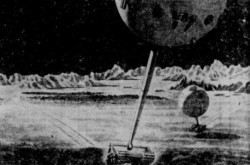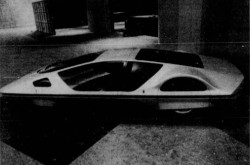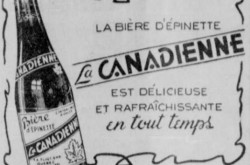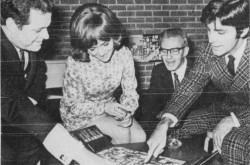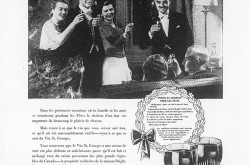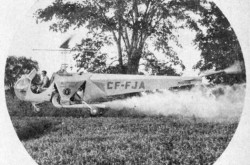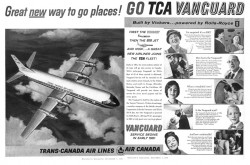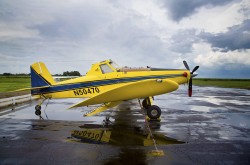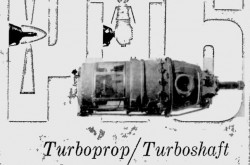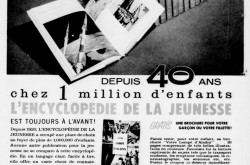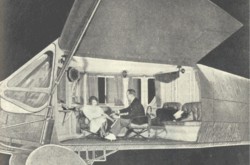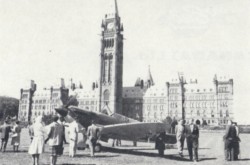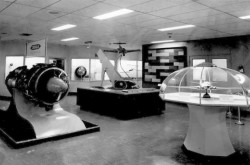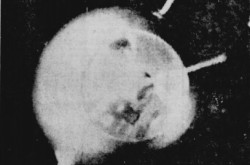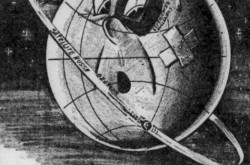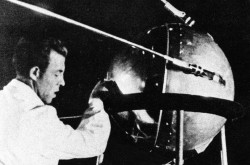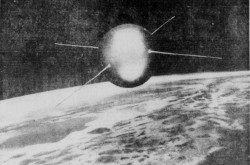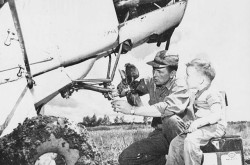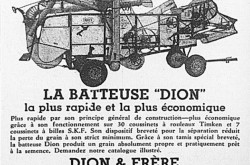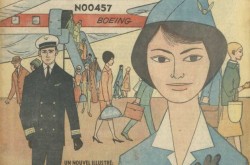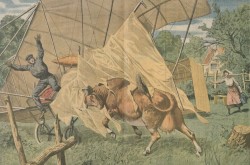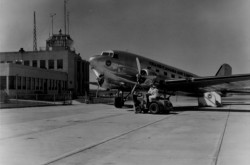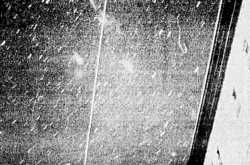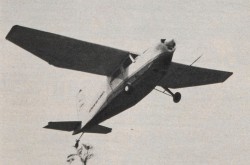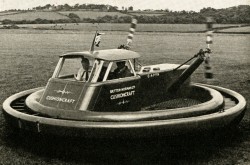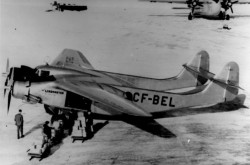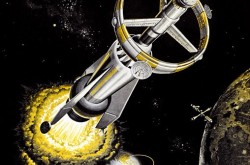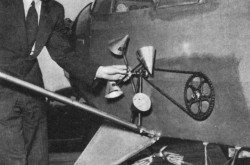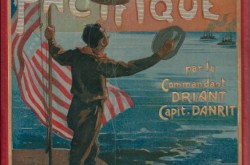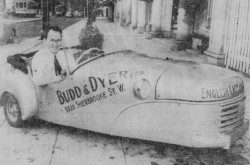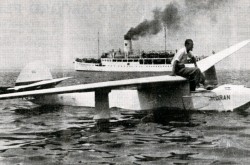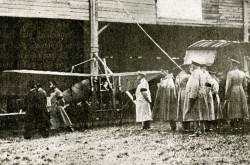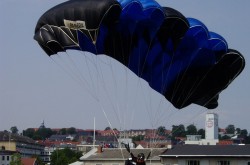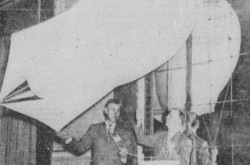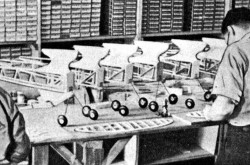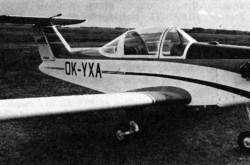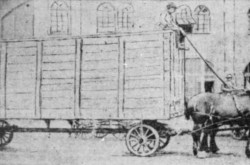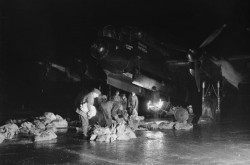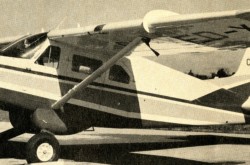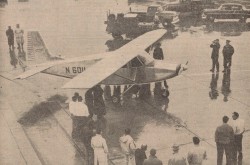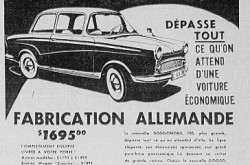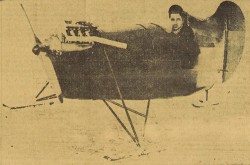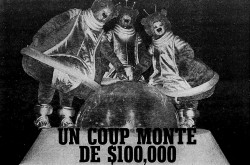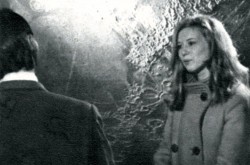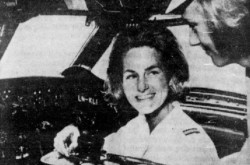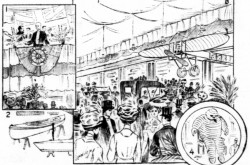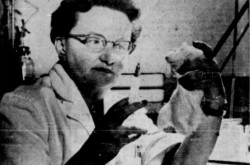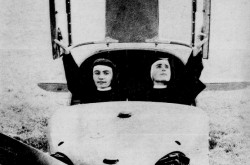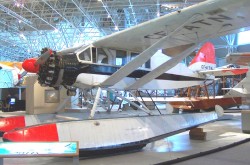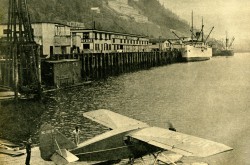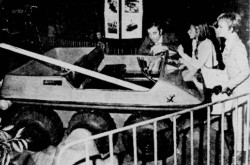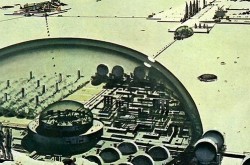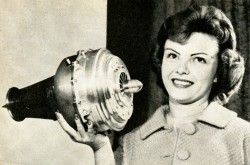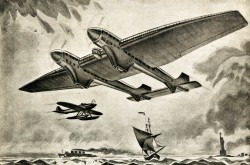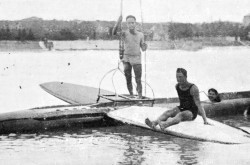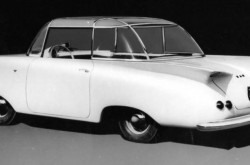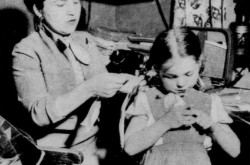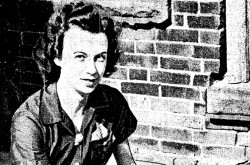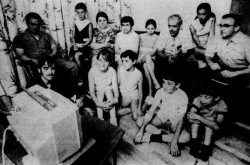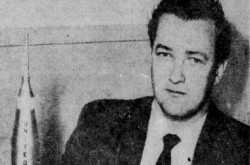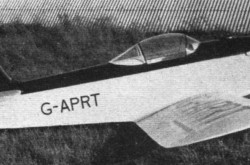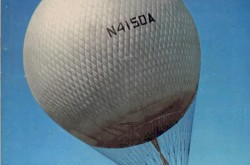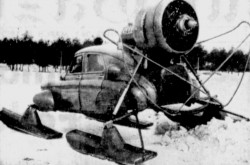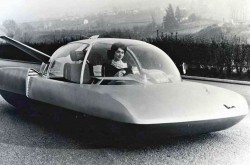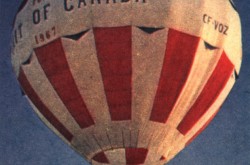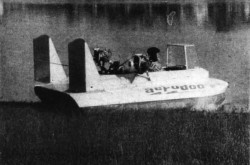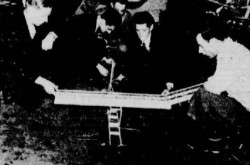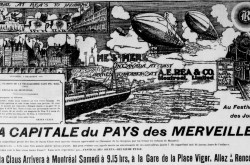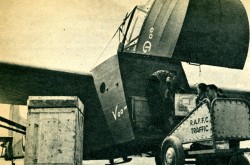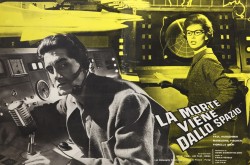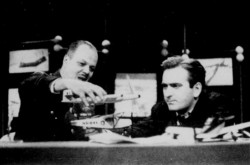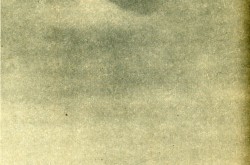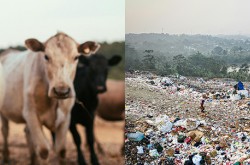He was a smooth operator: Elzéar Fortier and the production of soft drinks in Québec, Québec

Before going any further into the textual jungle that awaits us in the paragraphs below, let me point out that, as far as I know, my closest relationship to the key figure in this issue of our blog / bulletin / thingee is at least 300 years old, assuming there is one.
Our story begins on an unfortunately undetermined date. While some people claim that Elzéar Fortier was born in 1855, in Sainte-Anne-de-Beaupré, Québec, the age mentioned at the time of his death seems to indicate that he was born in January 1858.
Orphaned around the age of 7, Fortier had no choice but to learn to fend for himself. As a teenager, this sailor’s son dreamt of commanding a ship. Around 1879, Fortier founded, with his brothers and / or brothers-in-law perhaps, a small maritime transport service between his native village and Québec, Québec. In fact, he commanded the (steamboat?) Laurentides from 1879 to 1883. Fortier subsequently commanded the Brothers, a steamboat which he bought with his brothers and / or brothers-in-law in June 1883.
Among other things and people, Fortier transported a certain percentage of the pilgrims who went to the catholic minor basilica of Sainte-Anne-de-Beaupré, one of the most frequented places of pilgrimage in North America.
This service ceased following the entry into service of the Quebec, Montmagny and Charlevoix Railway Company railway line, between Québec and Sainte-Anne-de-Beaupré, in August 1889 – a railway line unique in its own right in Canada. It was in fact designed with the express aim of facilitating the movements of pilgrims going on pilgrimage.
His source of income having disappeared, Fortier had to reinvent himself. Around 1889-90, he joined forces with one of his brothers to buy a general store and a butter factory located in Sainte-Anne-de-Beaupré. A little later, Fortier bought one of the few hotels in the village, the Hotel Columbus.
By the way, said hotel as well as the general store, then owned by Raoul Fortier, the eldest son of Elzéar Fortier, were destroyed in a terrible fire in October 1936.
Even before the end of 1889, unless it was in 1897, or in 1894, Elzéar Fortier bought a small firm in Québec which produced sparkling water.
Founded around October 1885 by Philippe Dignard and Joseph Parent, P. Dignard & Compagnie originated from the dissolution, around October 1885, of Odilon Dignard & Compagnie of Québec, owned by Odilon and Philippe Dignard, which produced ginger beer and other types of beverages. Yours truly thinks that the firm founded by Fortier in 1889, 1894 or 1897 was called Elzéar Fortier & Compagnie.
A resident of Sainte-Anne-de-Beaupré for pretty much his whole life, a mayor of this village for several years in fact, Fortier was one of the founders of the Compagnie de téléphone du comté de Montmorency, Montmorency being the county where Sainte- Anne-de-Beaupré was located, in February 1901. Yours truly wonders, however, if said company installed any line.
Over the years, Elzéar Fortier & Compagnie produced a real variety of non-alcoholic products. It also distributed the products of other firms, including Brasserie Frontenac Limitée of Montréal, Québec.
In January 1902, a major Québec beverage bottler published a warning in the city’s only English-language newspaper, The Quebec Chronicle. Mr. Timmons & Son denounced the claims of Elzéar Fortier & Compagnie according to which this firm was the agent of the producer of Caledonia mineral water for the region of Québec. Grand Hotel Company of Caledonia Springs Limited of Colorado Springs, Ontario, actually did business with Mr. Timmons & Son. Worse still, the (Caledonia?) mineral water sold by Elzéar Fortier & Compagnie did not come from the Ontario spring.
Mr. Timmons & Son was so irritated by the words of Elzéar Fortier & Compagnie that it said it was ready to give $ 500 (more than $ 11 600 in 2021 currency) to anyone able to prove that its rival was in the right.
In February 1913, a representative of an association of bottlers, possibly linked to the American National Bottlers’ Protective Association, had the premises of Elzéar Fortier & Compagnie searched.
You see, a good number of soft drink bottles produced in Montréal and Québec which were to be returned to Charles Bédard and Wilfrid Dion, 2 people involved in the return of these bottles to the producers, seemed to have gone missing.
The search revealed the presence of 84 000 or so bottles from Montréal bottling plants, not to mention 170 seltzer siphons bearing the name of M. Timmons & Son. And yes, Elzéar Fortier & Compagnie seemed to put its own products in bottles belonging to other producers, which allowed it to increase its production without having to buy additional bottles. As the management of Elzéar Fortier & Compagnie quickly agreed to return the bottles to their owners, no fine was imposed against it. So, all was well that ended well? Uh, no.
You see, in the days following the search, Elzéar Fortier & Compagnie sent one or more letters (in French and English?) to Québec dailies. The Quebec Chronicle published the English version of said letter. Fortier proclaimed loud and clear that no bottle or seltzer siphon had been seized in his workshops.
Soft drink bottlers of Québec, the city in this case, were flabbergasted. They quickly sent a letter to the same English-language daily, as well as another, in French, to the French-language dailies of Québec, the city again of course. The Quebec Chronicle and a daily with little influence, L’Action sociale, published them.
The letter from Elzéar Fortier & Compagnie was false and misleading. There had been a seizure. In fact, this was not the first time that this firm has had similar problems. Québec soft drink bottlers therefore warned Fortier that “if he does not respect the law concerning bottlers, siphons, boxes, etc. we will take the proper means to compel him to do so.”
The signatories of this formal notice were M. Timmons & Son, as well as Édouard Coulombe, the aforementioned Dion and Bédard, François Alphonse Fluet and 2 people named Laberge and L’Heureux that yours truly cannot identify.
You will obviously remember that Fluet was mentioned in a January 2021 issue of our blog / bulletin / thingee.
In 1921, the (still existing?) firms of which Fortier was the (sole?) owner, namely Elzéar Fortier & Compagnie, Elzéar Fortier & Fils and Elzéar Fortier & Frères, disappeared in favour of Elzéar Fortier Limitée of Québec. The latter was owned by Elzéar Fortier and his sons, Raoul and Roméo Fortier.
Another important part of Fortier’s industrial portfolio, Le Magasin Forteresse Limitée, came into being in March 1932, under the name Henri Drolet Incorporé. Founded by Joseph Étienne Henri Drolet, his (separated?) wife, Albertine, née Albertine Drouin, and an accountant from Montréal, this men’s clothing store became Henri Drolet Limitée in December 1934. This firm was then owned by Albertine Drolet, the lawyer Henri Paul Drouin and Raoul Fortier. Henri Drolet became Le Magasin Forteresse in November 1936. La Gazette officielle de Québec did not mention any change of owner at that time.
However, it should be noted that 2 separate sources suggest that Le Magasin Forteresse existed in one form or another as early as 1919-20. Fortier allegedly bought the tooling from an unidentified ailing firm in Québec before moving it to his workshops.
Elzéar Fortier died in October 1939. He was 81 years old. Raoul Fortier then became president of Le Magasin Forteresse and Elzéar Fortier.
The latter changed its name in June 1948 to become Les Liqueurs Elzéar Fortier Limitée. At that time, the firm apparently produced 4 types of soft drinks: a cola, a cream soda, a ginger beer and a lemonade. At one time, it had apparently produced 14.
During the 1950s, André Fortier joined forces with his father, Roméo Fortier. They modernised the production of the family firm by introducing, for example, water electrolysis equipment to make said water as pure as possible. Les Liqueurs Elzéar Fortier may have been the first Canadian bottler to use this technology.
You may be interested to read, or not, that one of the few Canadian-produced (?) and designed (??) aeronautical board games of the Cold War period, Jet, was commercialised around 1954 by Les Liqueurs Elzéar Fortier. Given the presence of images of aircraft that look a lot like Northrop F-89 Scorpion all weather jet fighters on that game, yours truly suspects that Jet was actually an American game that the Québec firm commercialised on this side of the border.
A new change of corporate name occurred in November 1967, Les Liqueurs Elzéar Fortier becoming Liqueurs Fortier Limitée. Another change occurred in November 1968, Liqueurs Fortier becoming Immeubles Alex. Coulombe Limitée – a slightly unusual change you will admit.
By the way, Immeubles Alex. Coulombe was founded in June 1948. This firm became Alex. Coulombe Québec Limitée in December 1971.
Oddly enough, the source of this perfectly boring data, La Gazette officielle de Québec / Gazette officielle du Québec, has in its pages information about the founding of an Alex. Coulombe Limitée in December 1953, a firm owned by Alexander “Alex” Coulombe as well as his sons Fernand and Michel Coulombe. Alex. Coulombe became Immeubles Alex. Coulombe Limitée in November 1968. Better yet, or worse still, I leave you the choice, a firm named Alex. Coulombe (1968) Limitée was created in October 1968. This firm became Alex. Coulombe Limitée in February or March 1971.
Yours truly must admit that I do not understand how, or if, these firms were related to each other.
This being said (typed?), would you believe that an independent Québec soft drink bottler by the name of Alex. Coulombe Limitée still existed as of 2021? Better yet, this multi-product firm was / is one of the few independent bottlers of non-alcoholic beverages in Canada.
This firm has a long history – and yes, I have every intention of busting your chops with said history. It all began in November 1898, with the founding of The Quebec Fruit Exchange by the aforementioned Édouard Coulombe and Joseph Arthur Côté. A third partner joined the firm no later than 1901: Louis Philippe Guy. By 1909 at the latest, there were only 2 partners left: Coulombe and Guy. In February 1919, The Quebec Fruit Exchange became The Quebec Fruit & Fish Exchange Limited, a firm owned by Coulombe, his sons, Joseph, Édouard and Alexandre “Alex” Coulombe, and an accountant from Montréal, but let us backtrack a bit.
In 1905, Édouard Coulombe junior joined forces with “Alex” Coulombe to found a small soft drink bottling firm called, perhaps, Liqueurs Coulombe.
“Alex” Coulombe took the reins of the firm in 1927, unless it was during the 1930s.
Anyway, in 1935, after refusing not one but 2 offers, the management of the firm agreed to become the exclusive distributor and bottler of PepsiCola Company for the Québec region. While such a refusal may seem strange in 2021, given the worldwide success of this beverage, the fact was that cola-type soft drinks may not have been well known in that region in 1935. The signing of a distribution and bottling agreement therefore required a certain courage.
Yours truly wonders if “Alex” Coulombe was / is the Alex / Alexandre Coulombe who held the presidency of Les Industries Port-Joli Limitée of Port-Joli, Québec, a firm which was founded in October 1946. Prior to this date, said firm bore the name of Les Industries J.O. Martin & Compagnie Limitée. The latter made its appearance in December 1942, but I digress.
Tragically, “Alex” Coulombe and his wife, Lucienne Coulombe, born Hamel, died in October 1957, following an automobile accident. She was 59 and he, 69. One of their sons, René Coulombe, took the reins of the family firm at an undetermined date.
Over the decades, Alex. Coulombe became the exclusive bottler and distributor of many non-alcoholic beverages for the Québec region. It also acquired a number of independent Québec bottlers and opened a bottling plant in Trois-Rivières, Québec.
When René Coulombe died in November 2007, at the age of 74, Marc Coulombe took the reins of the firm. Young members of the Coulombe family are gradually preparing to take over in future years. Life goes on.
Take care of yourself, my reading friend, because the heavens are about to fall on our heads.


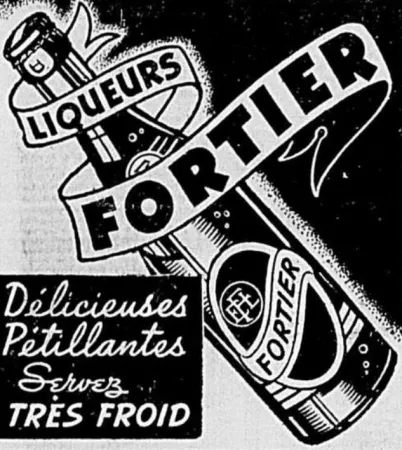


































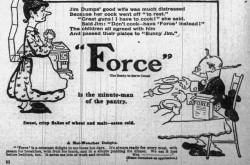
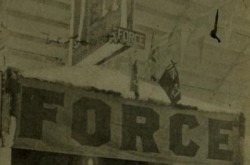
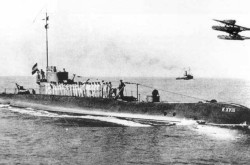
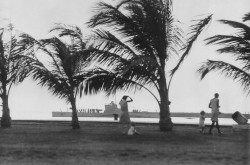
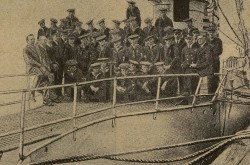
![A block of photographs showing some of the people involved in the bombing of beluga whales in the estuary and gulf of the St. Lawrence River. Anon., “La chasse aux marsouins [sic]. » Le Devoir, 15 August 1929, 6.](/sites/default/files/styles/thumbnail_7/public/2024-09/Le%20Devoir%2015%20aout%201929%20page%206.jpg?h=584f1d27&itok=TppdLItg)
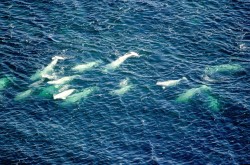
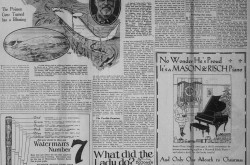
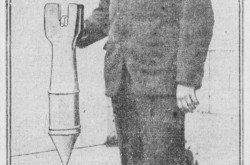
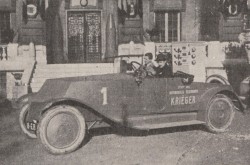
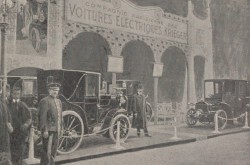
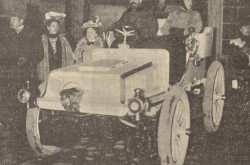
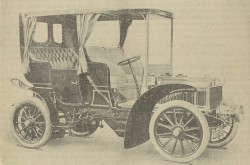

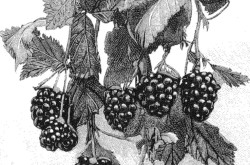
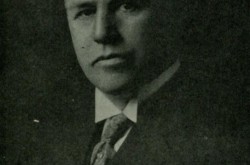
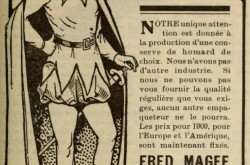
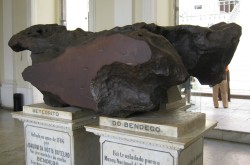
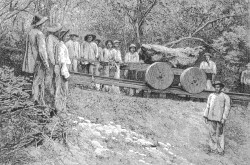
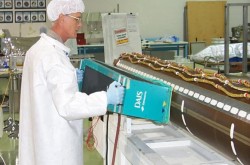
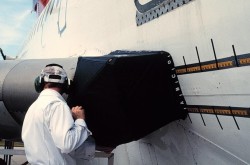
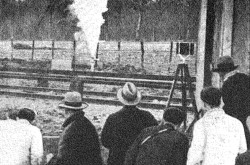
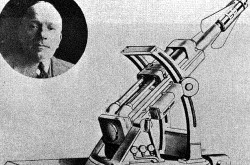
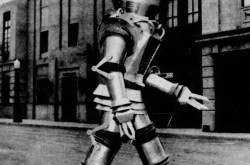

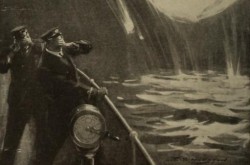
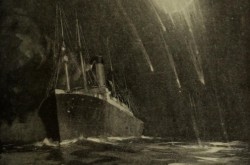
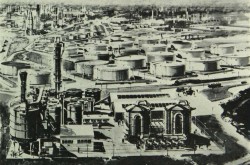
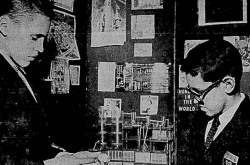
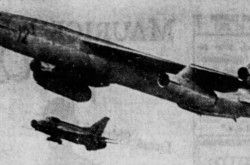
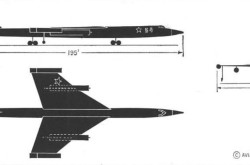
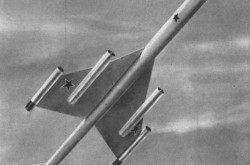
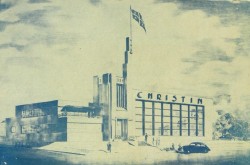
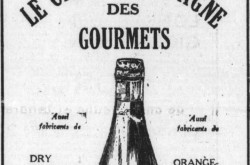
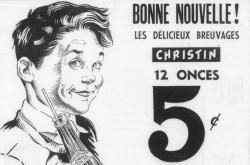
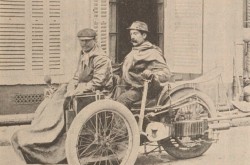
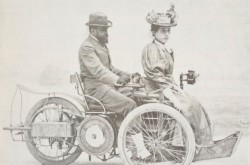
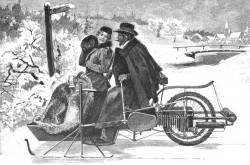
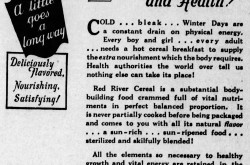
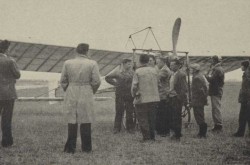
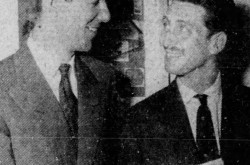

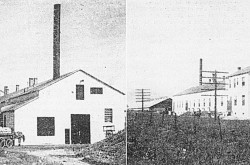
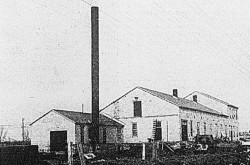
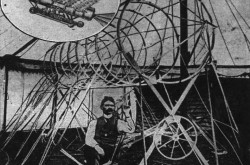
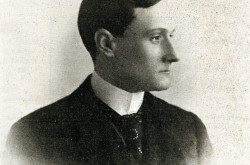
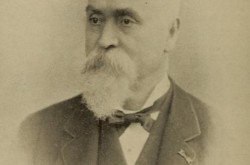
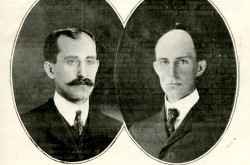
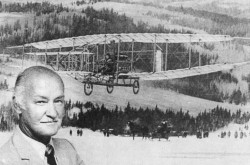
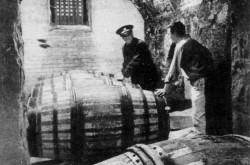
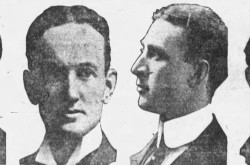
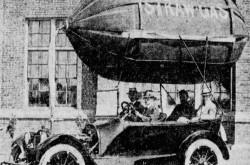
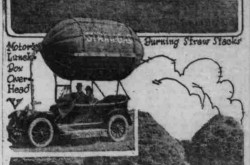
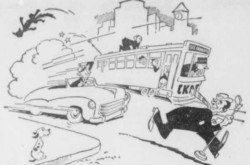
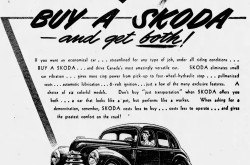
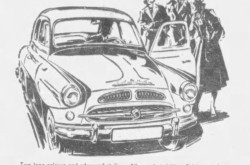
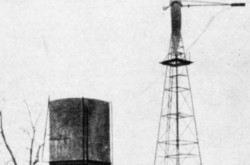
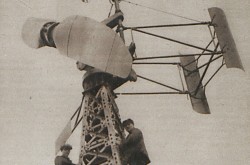
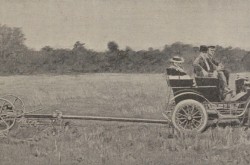
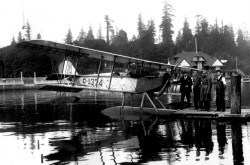
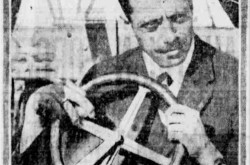
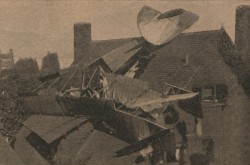
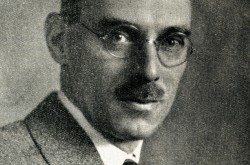
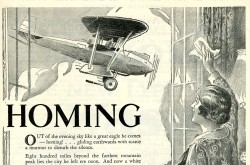


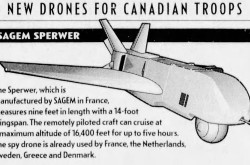
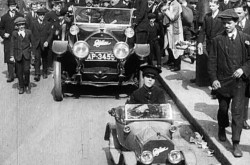
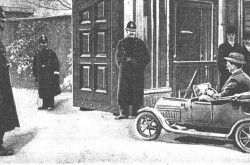
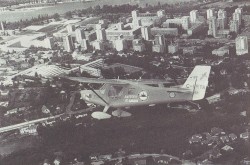
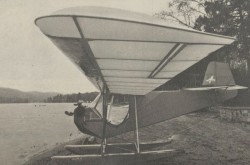
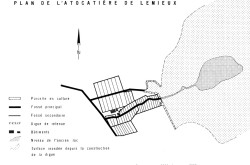
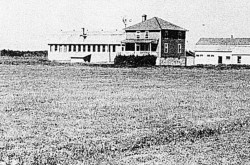
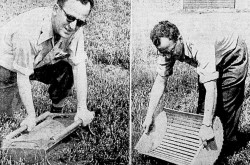
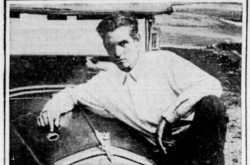
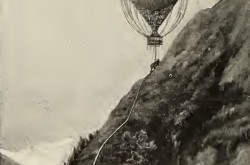
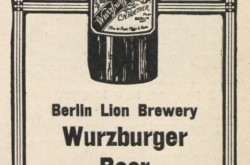
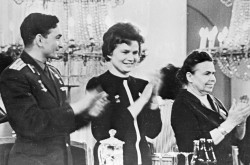
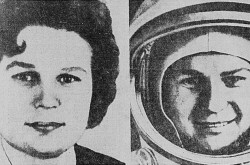
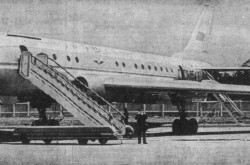
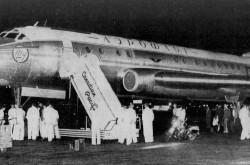
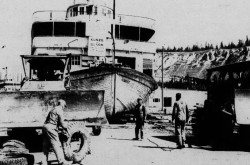
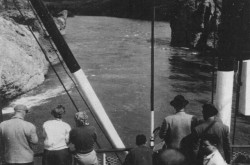
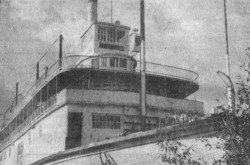
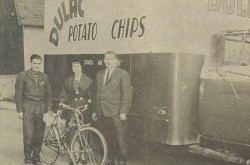
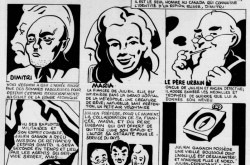
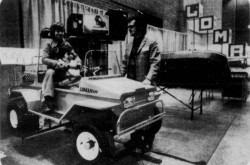
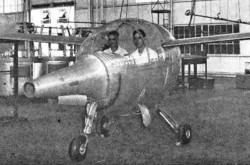
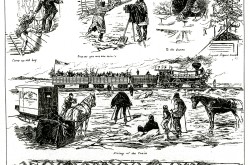
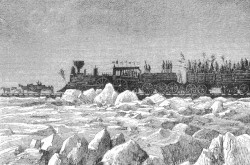
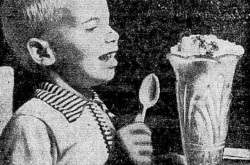
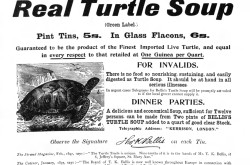
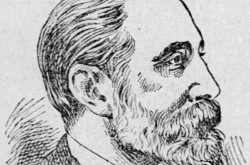

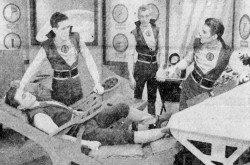
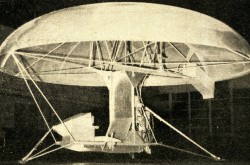
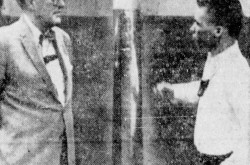
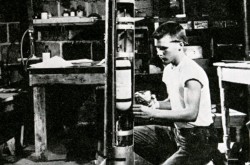

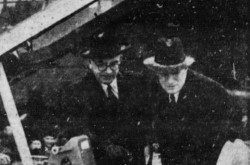
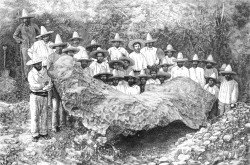
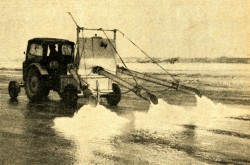
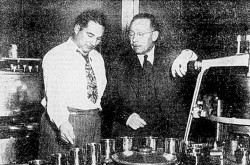
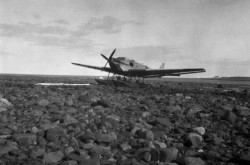
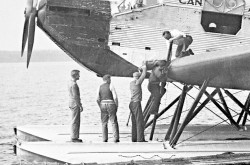
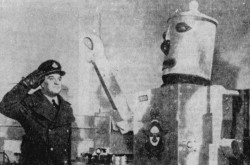
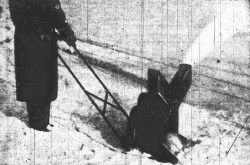
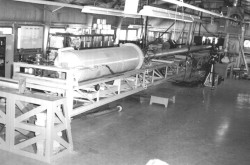
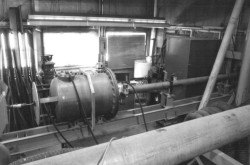
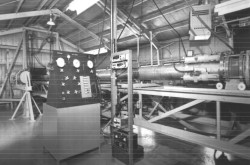
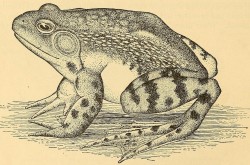
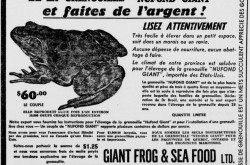
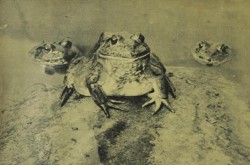
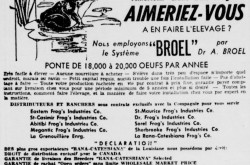
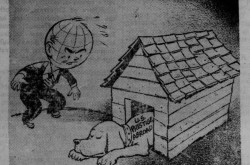
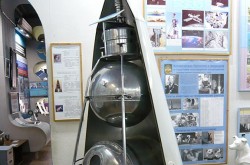
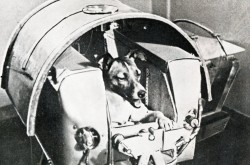
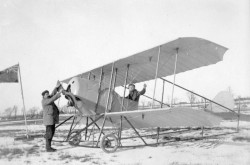
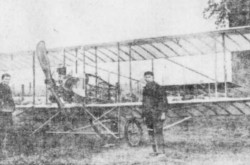
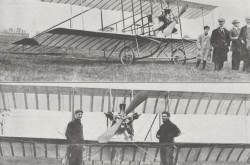
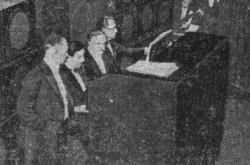
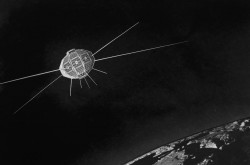
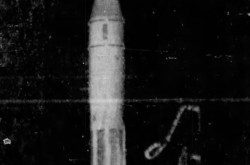
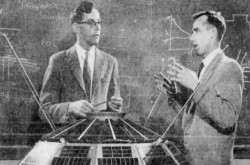
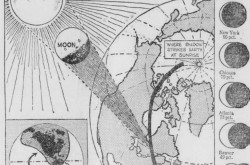
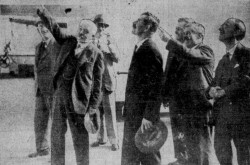
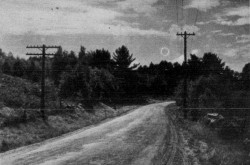

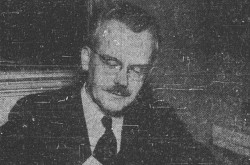
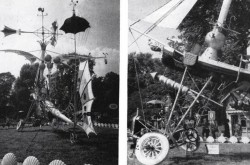
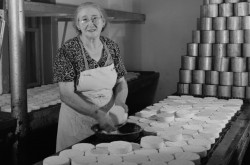
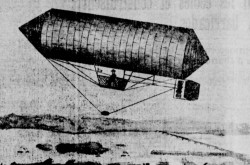
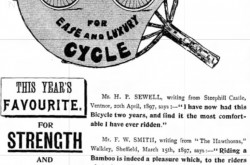
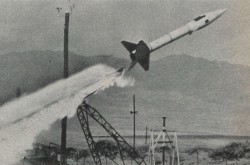
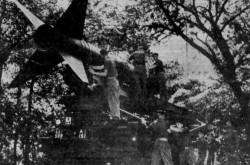
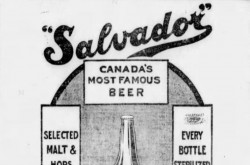
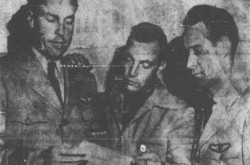
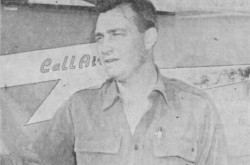
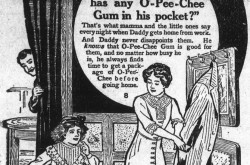
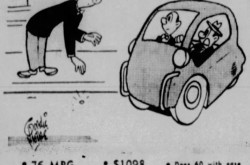
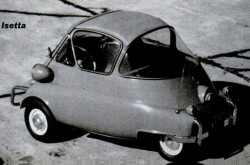
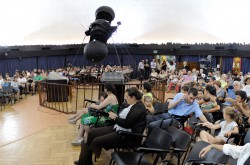
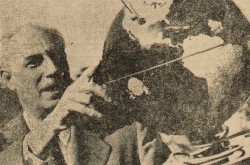
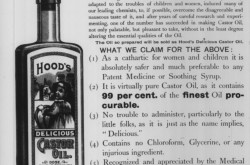
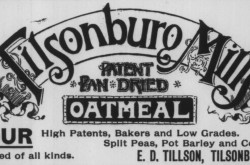
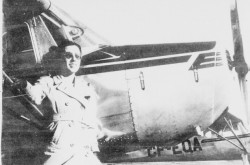
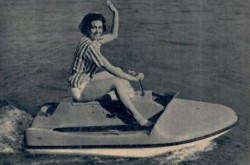


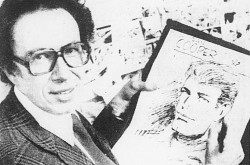
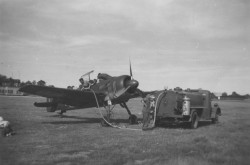
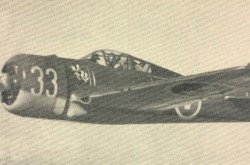
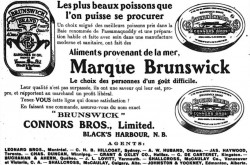
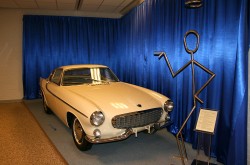
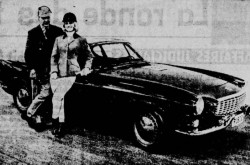
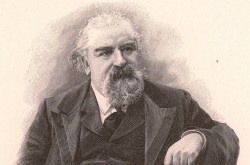
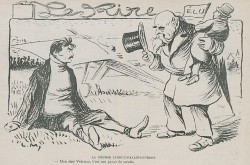
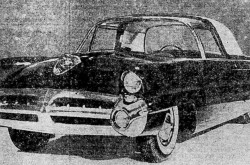
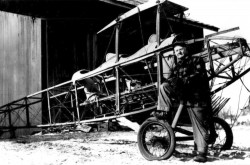
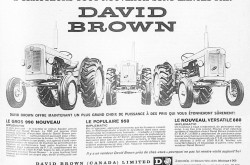
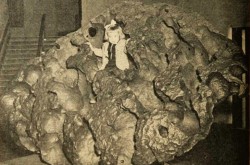
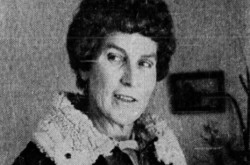
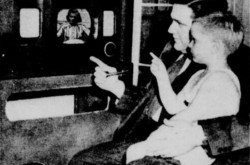
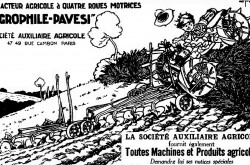

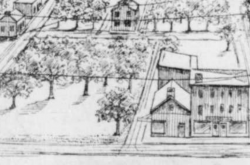
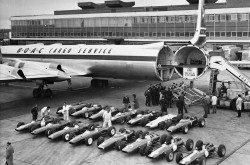
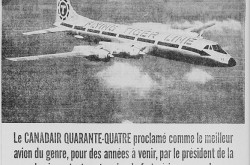
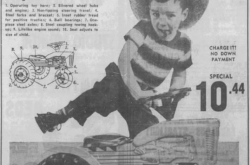
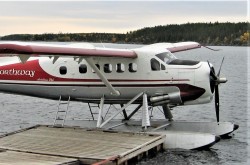
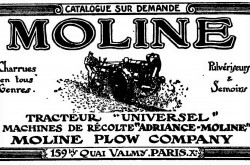
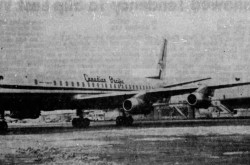
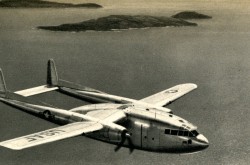
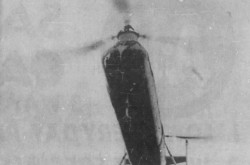
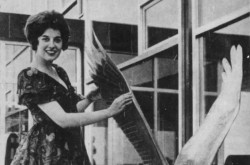
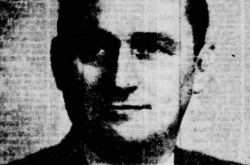
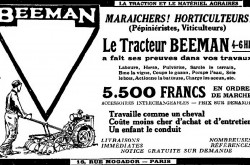
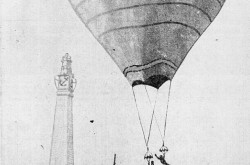
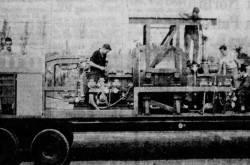
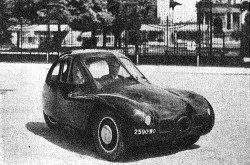
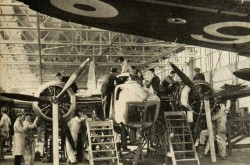


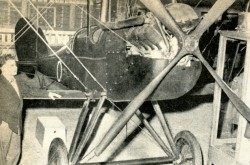
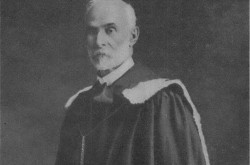
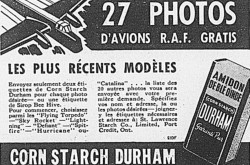
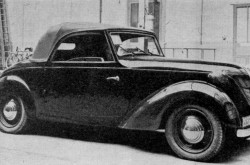
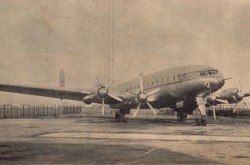
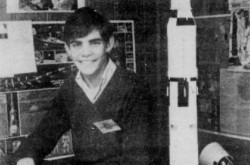
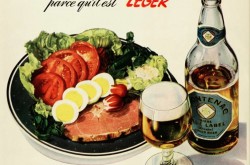
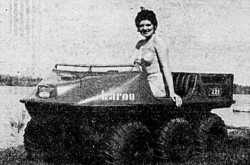
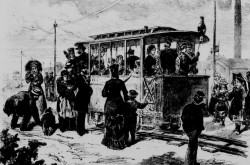
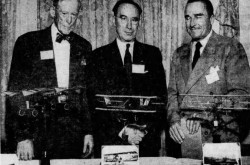
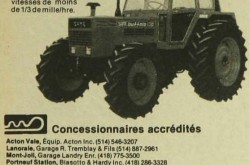
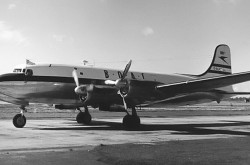
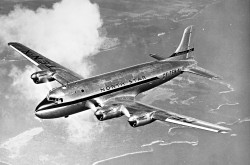
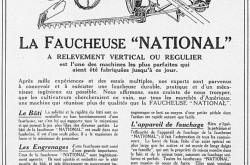
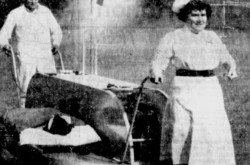
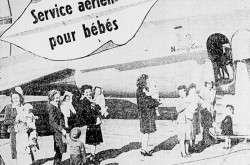
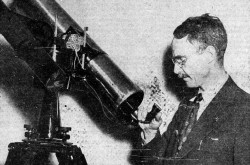
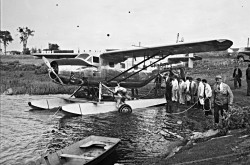

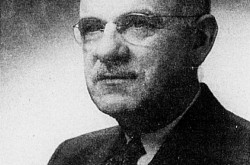
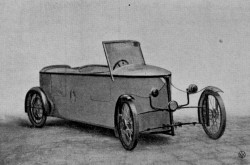
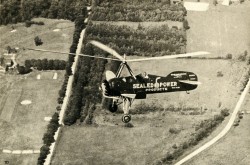
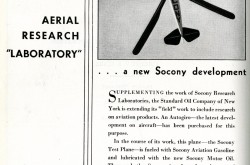
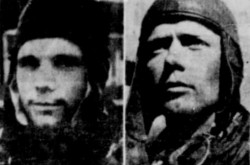

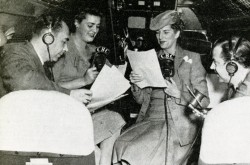
![Peter Müller at the controls [sic] of the Pedroplan, Berlin, Germany, March 1931. Anon., “Cologne contre Marseille – Le mystère du ‘Pédroplan.’ [sic]” Les Ailes, 2 April 1931, 14.](/sites/default/files/styles/thumbnail_7/public/2021-04/Les%20Ailes%202%20avril%201931%20version%20big.jpg?h=eafd0ed4&itok=WnBZ5gMf)
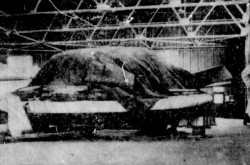
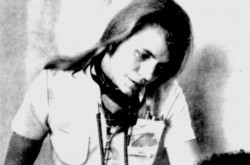
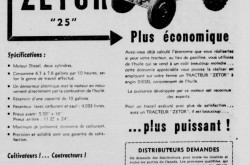
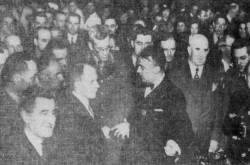
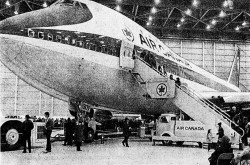
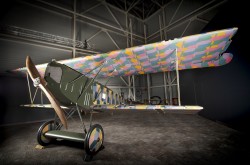
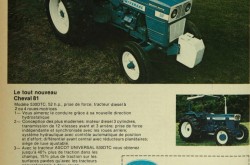
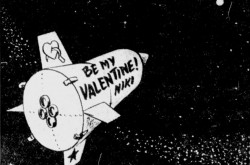
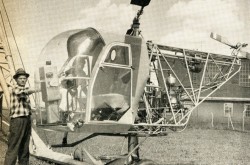
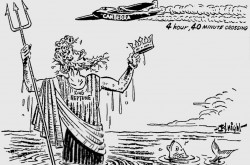
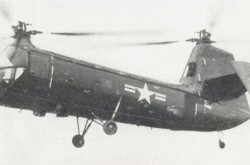
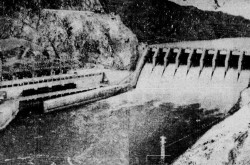
![One of the first de Havilland Canada Chipmunk imported to the United Kingdom. Anon., “De Havilland [Canada] DHC-1 ‘Chipmunk.’” Aviation Magazine, 1 January 1951, cover.](/sites/default/files/styles/thumbnail_7/public/2021-01/Aviation%20magazine%201er%20janvier%201951%20version%202.jpg?h=2f876e0f&itok=DM4JHe5C)

